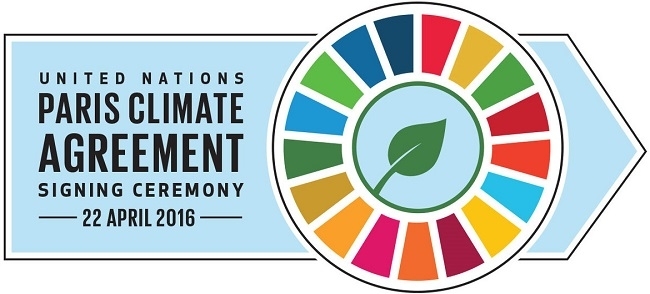 |
|
|
US President Donald Trump announced in June 2017 that his country would leave the Paris Agreement.
According to the agreement, its signatories can only formally request to quit the pact three years after it takes force, which falls upon November 4, 2019, and the withdrawal will take effect one year from delivery of the notification, meaning that the United States will formally pull out of the pact on November 4, 2020.
The decision made the United States the only nation among nearly 200 signatories that abandoned this global agenda on combating climate change.
Trump announced the withdrawal soon after he took office, citing concerns about the pact's threat to the US economy.
The Trump administration also rolled back environmental rules made in the Obama era to prop up the coal industry by allowing it to emit more greenhouse gases into the air.
Andrew Steer, president of the Washington D.C.-based environmental group World Resources Institute, said on Monday in a statement that by withdrawing from the Paris Agreement, the Trump administration is showing that it cares about neither science nor economics.
"Smart climate action, which is being carried forward through the agreement, promotes greater economic efficiency, drives innovation, and provides long-term policy consistency," said Steer.
Today's announcement that the US government is officially withdrawing from the agreement is incredibly short-sighted, according to a statement issued on Monday by Nature Conservancy, an environmental organization in the United States.
The Paris Agreement was adopted by all 196 Parties to the UN Framework Convention on Climate Change (UNFCCC) at the UN Climate Change Conference in Paris on 12 December 2015. In the Agreement, all countries agreed to work to limit global temperature rise to well below 2 degrees Celsius, and to strive for 1.5 degrees Celsius. Xinhua
 The United States began on Monday (November 4) the process of withdrawing from the Paris Agreement, according to a statement by US Secretary of State Mike Pompeo.
The United States began on Monday (November 4) the process of withdrawing from the Paris Agreement, according to a statement by US Secretary of State Mike Pompeo.